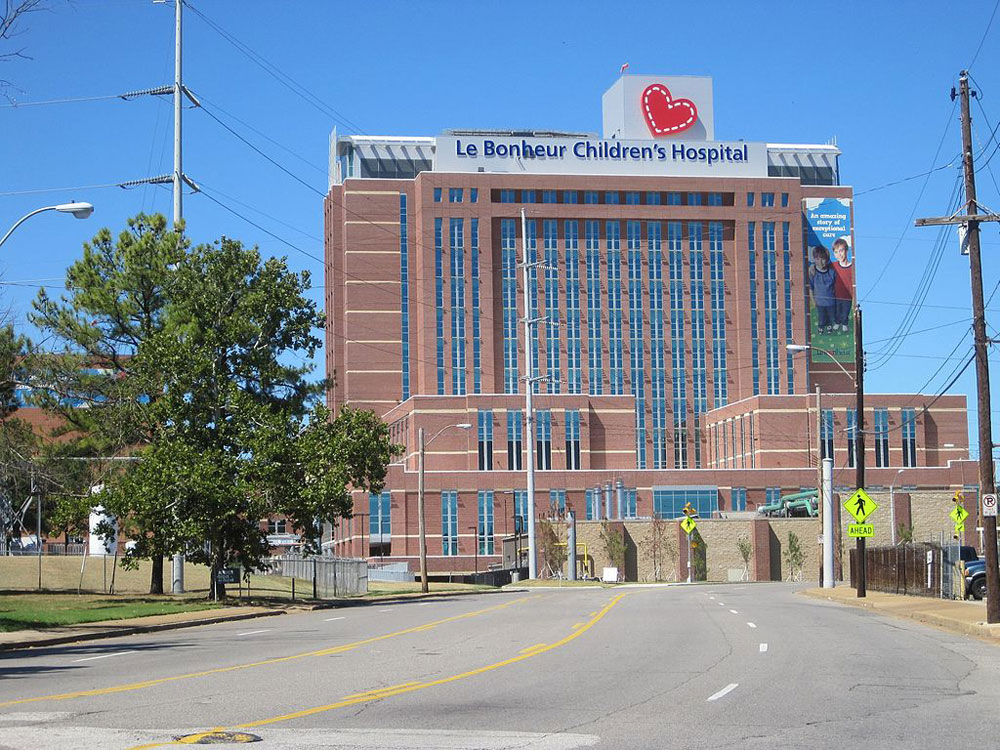
September 25, 2019; NPR, “Shots”
If the purpose of good journalism is, in part, “to afflict the comfortable and comfort the afflicted,” the team of MLK50 and ProPublica have nailed it. This summer, NPQ reported on their investigation into nonprofit hospitals that were suing impoverished patients for unpaid medical bills. One of those hospitals was Methodist Le Bonheur in Memphis, which was actually suing its own very-low-wage workers.
The problem with this picture, of course, is that Methodist Le Bonheur is nonprofit and so required to provide community benefit, in part by subsidizing the medical costs for low-income patients. The investigation indicated that the hospital was not consistently informing patients of the subsidy and that its formula for determining when to offer it was set wrong for the local population.
Sign up for our free newsletters
Subscribe to NPQ's newsletters to have our top stories delivered directly to your inbox.
By signing up, you agree to our privacy policy and terms of use, and to receive messages from NPQ and our partners.
The public exposure had its effect, and we reported on August 1st that the hospital had not only committed to ending the practice of suing to retrieve medical debt from poor patients, but also that it had committed to raise wages of its lowest paid workers. But a few questions remained at the time and were brought up by advocates. Prime among them was what would be done about the suits the hospital had already brought, which totaled 8,300 over the last five years.
Yesterday, that question was answered when a check of the local courts revealed the hospital had cancelled the debts of more than 6,500 patients. Administrators estimate about 4,500 of Methodist’s single-page “case satisfied” notices await entry in Tennessee’s Shelby County General Sessions Court system, coming too fast for staff to process.
The dollar amount of those debts is not yet known, but its elimination as debt in the lives of poor households is likely incalculable and certainly can be considered as comforting the afflicted. As for afflicting the comfortable, Jessica Curtis, a senior adviser at Community Catalyst, a national advocacy organization comments, says, “I was trying to remember when I have seen such a rapid switch. I don’t know that I’ve seen that before. The scale of what they are attempting to rectify is really commendable from what we’ve seen thus far.”—Ruth McCambridge











